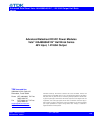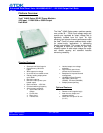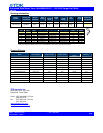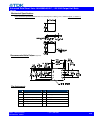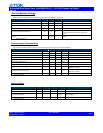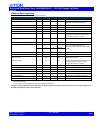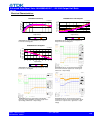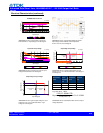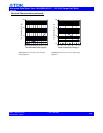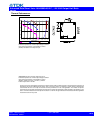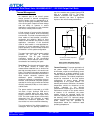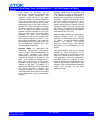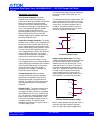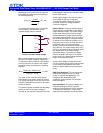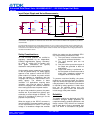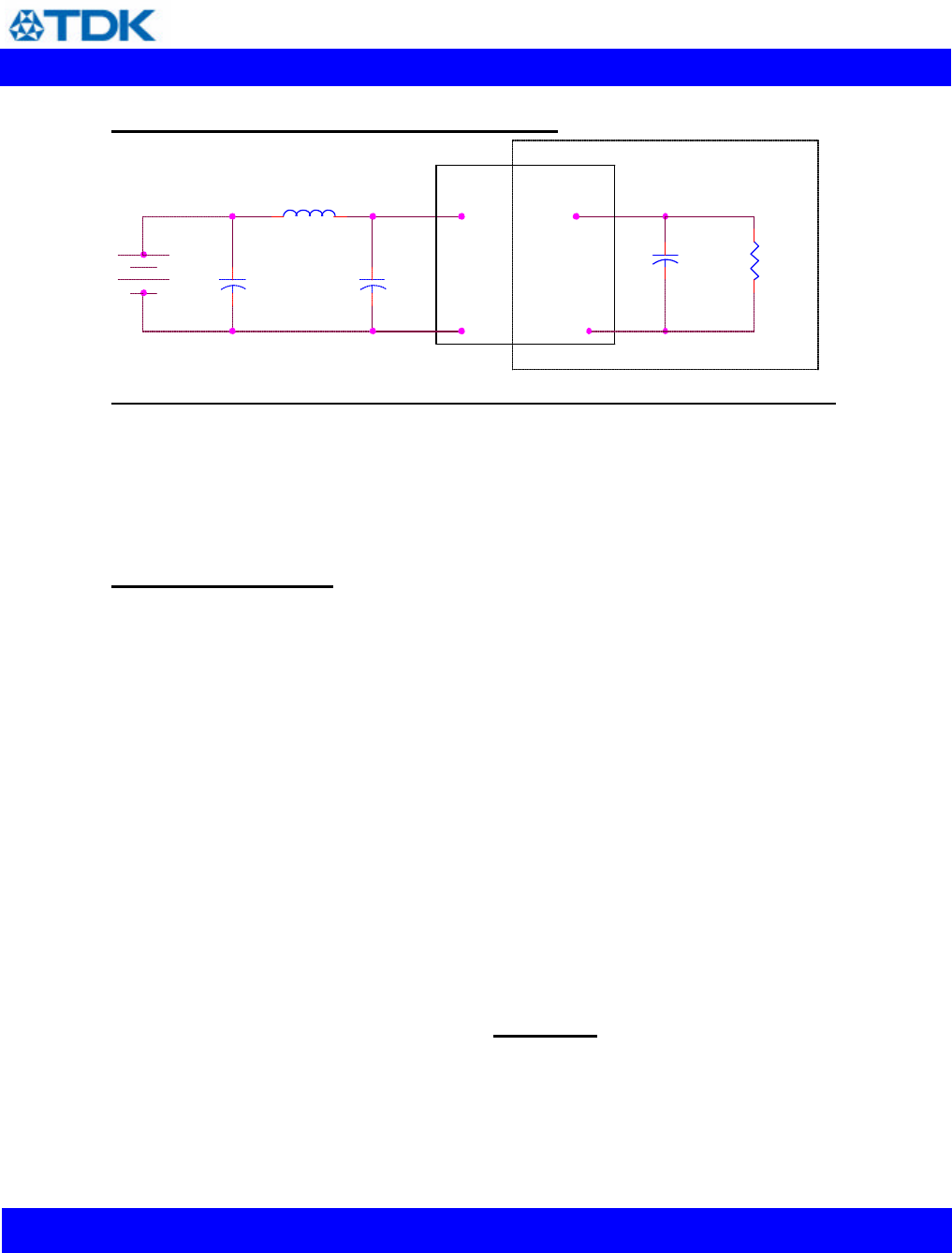
Advanced Data Sheet: Veta
iHA48060A012V*, 1.2V/60A Output Half Brick
Series
©2007
TDK Innoveta Inc.
iHA Datasheet 040207
'
(877) 498
-
0099
15
/
16
Input/Output Ripple and Noise Measurements:
100KHz
Voutput
Cext
12
+
12uH
1 2
esr<0.7
Battery
100KHz
+
RLoad
12
esr<0.1
-
Vinput
220uF
12
Ground Plane
33uF
12
-
The input reflected ripple is measured with a current probe and oscilloscope. The ripple current is the current through the
12uH inductor. The capacitor Cin shall be at least 100uF/100V. One 470uF or two 220uF/100V capacitors in parallel are
recommended.
The output ripple measurement is made approximately 9 cm (3.5 in.) from the power module using an oscilloscope and
BNC socket. The capacitor Cext is located about 5 cm (2 in.) from the power module; its value varies from code to code
and is found on the electrical data page for the power module of interest under the ripple & noise voltage specification in
the Notes & Conditions column.
Safety Considerations:
All TDK Innoveta products are certified to
regulatory standards by an independent,
Certified Administrative Agency laboratory.
UL 1950, 3
rd
edition (US & Canada), and
other global certifications are typically
obtained for each product platform.
Various safety agency approvals are pending
on the iHx product family. For safety agency
approval of the system in which the DC-DC
power module is installed, the power module
must be installed in compliance with the
creepage and clearance requirements of the
safety agency. The isolation is basic
insulation. For applications requiring basic
insulation, care must be taken to maintain
minimum creepage and clearance distances
when routing traces near the power module.
As part of the production process, the power
modules are hi-pot tested from primary and
secondary at a test voltage of 1500Vdc. The
case pin is considered a primary pin for the
purpose of hi-pot testing.
When the supply to the DC-DC converter is
less than 60Vdc, the power module meets all
of the requirements for SELV. If the input
voltage is a hazardous voltage that exceeds
60Vdc, the output can be considered SELV
only if the following conditions are met:
1) The input source is isolated from the
ac mains by reinforced insulation.
2) The input terminal pins are not
accessible.
3) One pole of the input and one pole of
the output are grounded or both are
kept floating.
4) Single fault testing is performed on
the end system to ensure that under a
single fault, hazardous voltages do
not appear at the module output.
To preserve maximum flexibility, the power
modules are not internally fused. An external
input line normal blow fuse with the maximum
rating stipulated in the Electrical Data section
is required by safety agencies. A lower value
fuse can be selected based upon the
maximum dc input current and maximum
inrush energy of the power module
Reliability:
The power modules are designed using TDK
Innoveta’s stringent design guidelines for
component derating, product qualification, and
design reviews. Early failures are screened
out by both burn-in and an automated final
test. The MTBF is calculated to be greater
C
in



